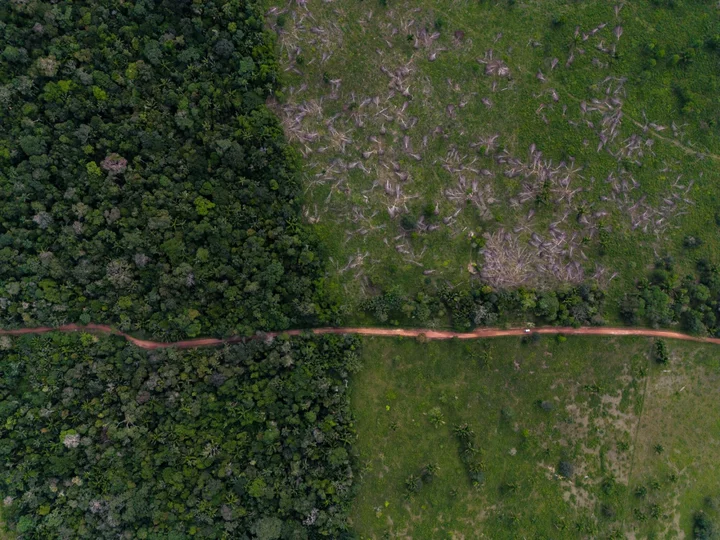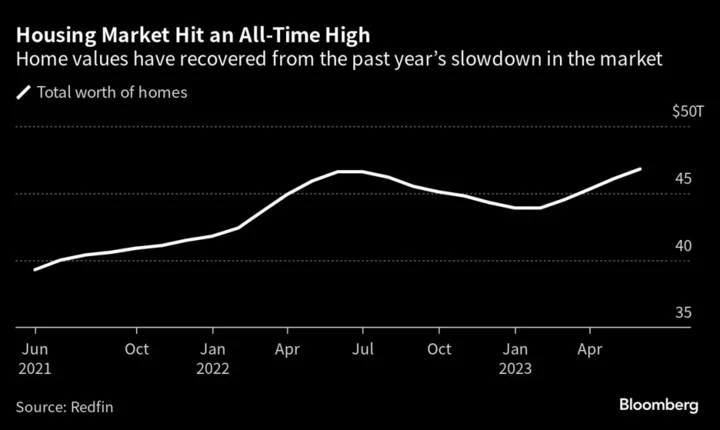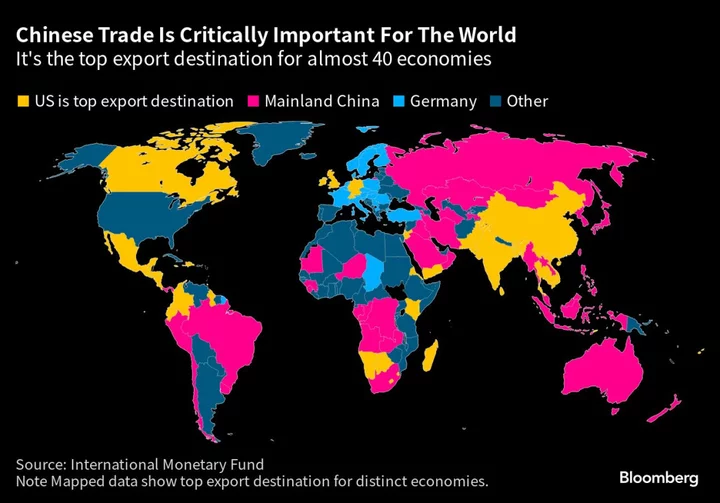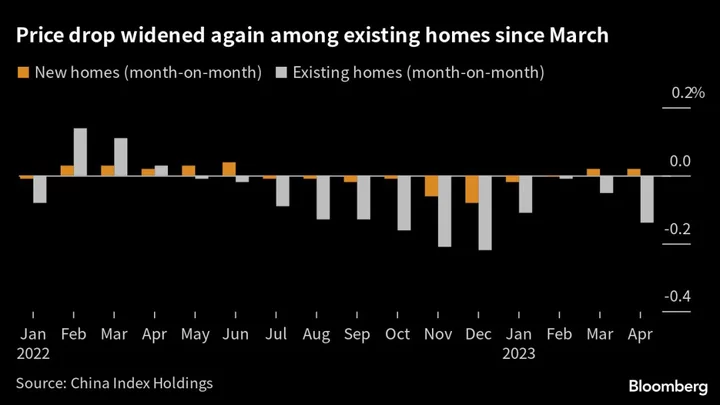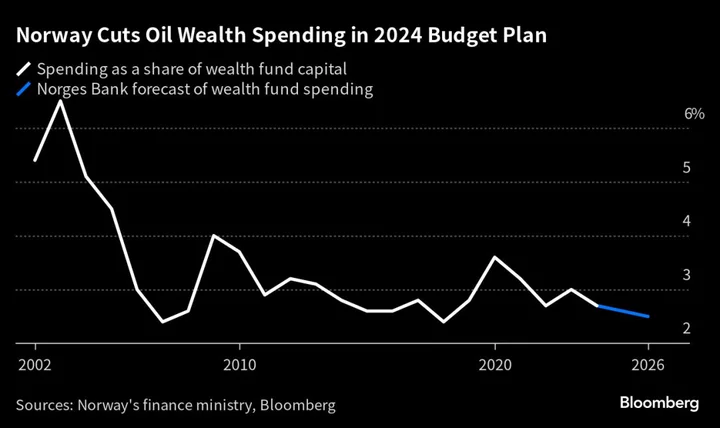Investors in sovereign bonds are mispricing a growing risk that has the potential to trigger downgrades, according to a study by analysts at Barclays Plc.
The risk in question is the failure of countries to adequately protect their natural capital, putting water, air and soil resources in jeopardy and impacting key sectors such as agriculture, a team of analysts led by Maggie O’Neal, Barclays’ global head of ESG research, wrote in the report published on Monday.
“Over half of global GDP is dependent on nature,” O’Neal and her colleagues wrote. “Reversing biodiversity loss is imperative to limiting physical risks and avoiding severe repercussions for the economy.” Some of the most exposed markets are those that already carry junk ratings, they said.
According to the Barclays study, nature loss is “projected to cause sovereign downgrades,” with higher borrowing costs “compounding credit risk for bondholders.”
Concern that financial markets aren’t taking natural capital into account is increasingly shaping regulations, amid signs that real-world losses pose an ever-greater threat to societies across the globe. According to the Barclays study, the costs are already starting to materialize and can include everything from impaired business capital to stranded assets to defaults.
Issuers also face disruptions to production and value chains, as well as volatile commodity prices, all of which can hurt exports and drag down the banks, investors and insurers exposed to such risks, the Barclays analysts wrote. They also warn that the arrival of biodiversity regulations has opened the door to litigation, putting bad actors at ever greater legal risk.
Barclays estimates that by 2030, almost $1 trillion will be needed in annual investment to protect biodiversity, compared with the roughly $160 billion being spent today. What’s more, there are about $725 billion in what Barclays identifies as “harmful subsidies” being spent on things that hurt biodiversity.
Most of the sovereign bond markets facing a biodiversity-related financial hit are junk rated, according to the Barclays analysis. Many of these are particularly exposed via export markets, with Argentina, Brazil and Indonesia standing out as most vulnerable among the G20. And when it comes to water scarcity, no G20 nation is more at risk than Saudi Arabia, they wrote.
Investors can reduce their exposure to such risks by engaging with issuers. Alternatively, investors can opt for sovereign green bonds and debt-for-nature swaps, though the allocation of proceeds tends to be skewed toward decarbonization rather than nature, the Barclays analysts wrote.
“Biodiversity is a productive asset that generates crucial ecosystem services,” the analysts wrote. “However, as an asset without a price, it is systematically mismanaged.”
Global frameworks are emerging to help set a price. These include the Partnership for Biodiversity Accounting Financials and the Taskforce on Nature-related Financial Disclosures.

